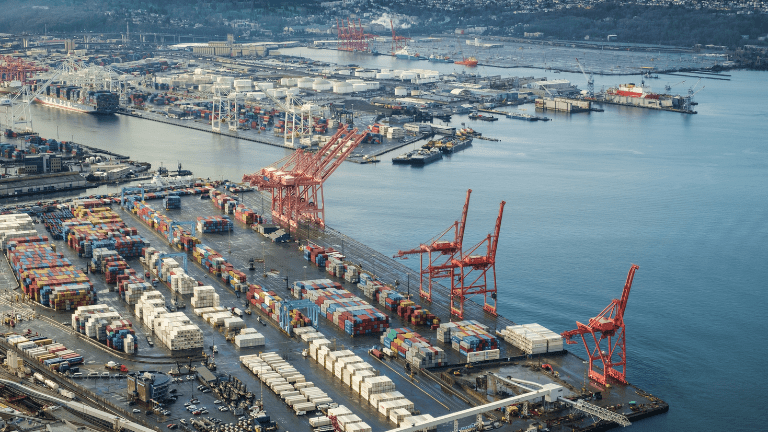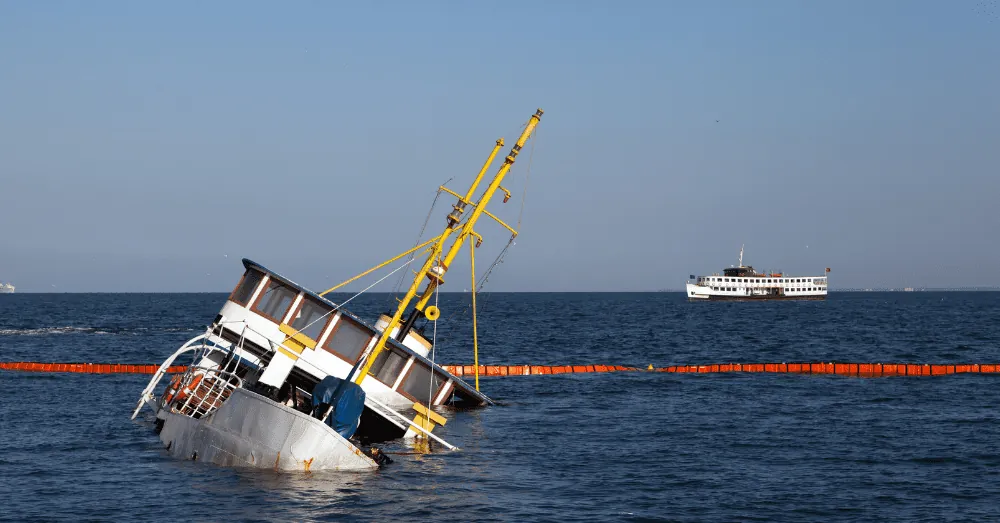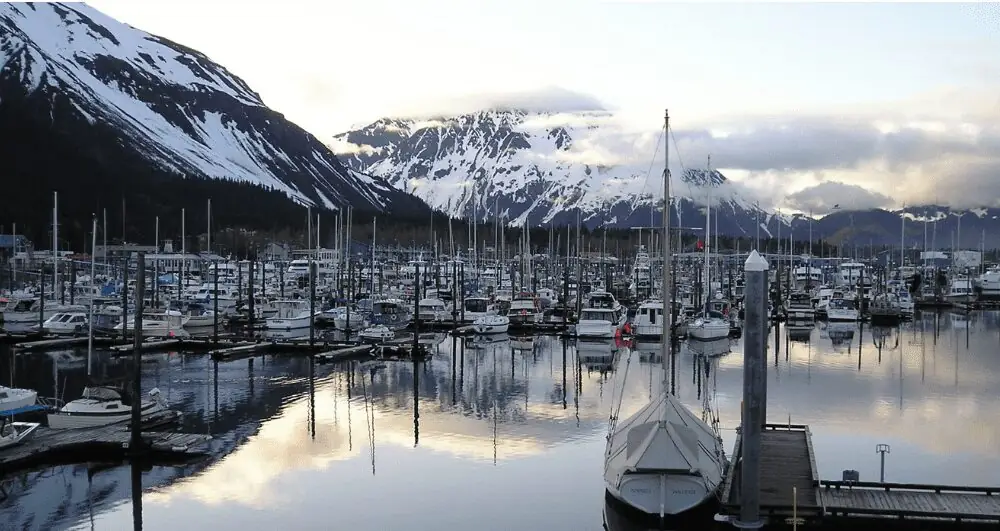
Introduction
The Seattle Times reported that, despite the waning of the stressors that originated from the pandemic, the Puget Sound maritime industry continues to struggle to keep shipping container volume up.
What makes up the Puget Sound maritime sector?
The maritime sector in the Puget Sound is made up of a wide variety of businesses, individuals, and activities, including:
- Boat and ship construction
- Shipping and trading logistics
- Cruise ship tourism
- Recreational boating
- Naval operations (including the Puget Sound Naval Shipyard, Naval Base Kitsap, and the ballistic missile submarine base at Bangor in Hood Canal)
How big a part of the Puget Sound economy is the maritime sector?
According to the Washington state Department of Commerce, the maritime sector of the Puget Sound economy accounts for:
- ~ 70,000 workers
- 2,300 companies
- $4.7 billion in annual wages
- $75 billion in trade
What’s going on with shipping containers?
According to the Northwest Seaport Alliance, which oversees both the Seattle and Tacoma deep-water seaports, container volume fell by more than 24% in February of 2023 when compared to the same month of the previous year. Additionally, total shipping container imports have dropped 34% year over year.
Furthermore, the Pacific Merchant Shipping Association reported that the Seattle and Tacoma ports weren’t just trending the wrong way lately: both ports were down 16.4% this February when compared to the same month in 2019.
What’s causing the downward trend in shipping container volume and traffic?
The article in the times suggested a variety of causes for the continued drop in shipping container volume and traffic, including:
- U.S. tariffs against China (Washington state’s largest export destination), which stifle trade between the two nations
- The current strength of the U.S. dollar, which causes U.S. goods to be more expensive in global markets
- Ongoing issues with the supply chain due to pandemic-era shifts in consumer spending
- Ongoing (and thus far unsuccessful) unionization negotiations between terminal operators and dock workers
What are the broader implications for maritime industry workers?
As political tensions between the U.S. and China continue to hamper trade, many shipping companies are being forced to tighten their belts to account for lost profits. These cost-cutting measures can be dangerous to the maritime workers these companies employ, who may find that the crews they are working with are smaller in number or that their equipment undergoes fewer safety checks, or that their peers are less experienced due to wage decreases that drive more tenured workers to find employment elsewhere. Overworking, understaffing, and lapses in safety measures are a dangerous combination of factors, particularly when applied to the inherent danger of working in the shipping industry. As such, the increased financial pressure that the maritime sector is facing may result in a marked increase in accidents, injuries, and deaths among mariners of all kinds.
In the event that you or someone you know is injured on the job, it is important to contact an attorney immediately to ensure that the injured person’s rights are protected, that they are compensated for their injuries, and that justice is done. GLP Attorneys is home to a deeply experienced group of maritime injury lawyers who have secured millions of dollars in compensation for their clients injured at sea. To speak with an attorney for a free consultation, call us at 800-273-5005 or email us at .
To learn more about our firm’s Maritime Injury Practice, click here.


